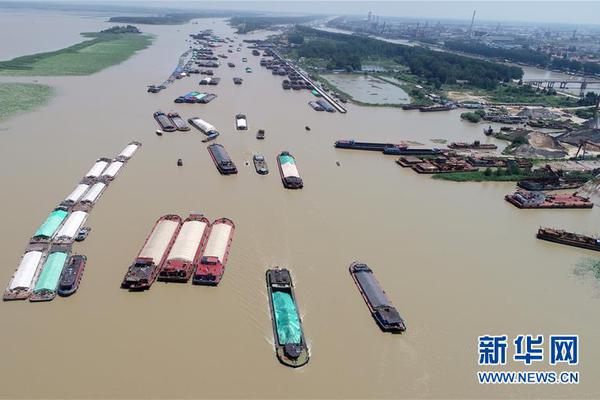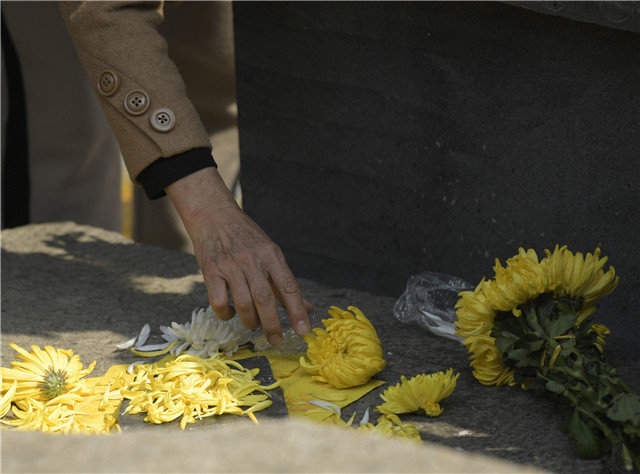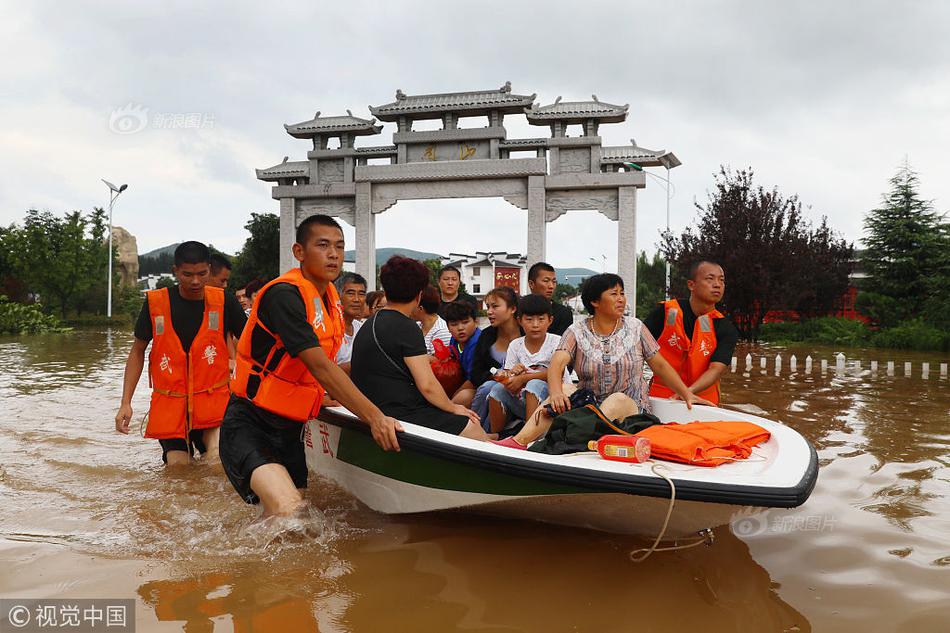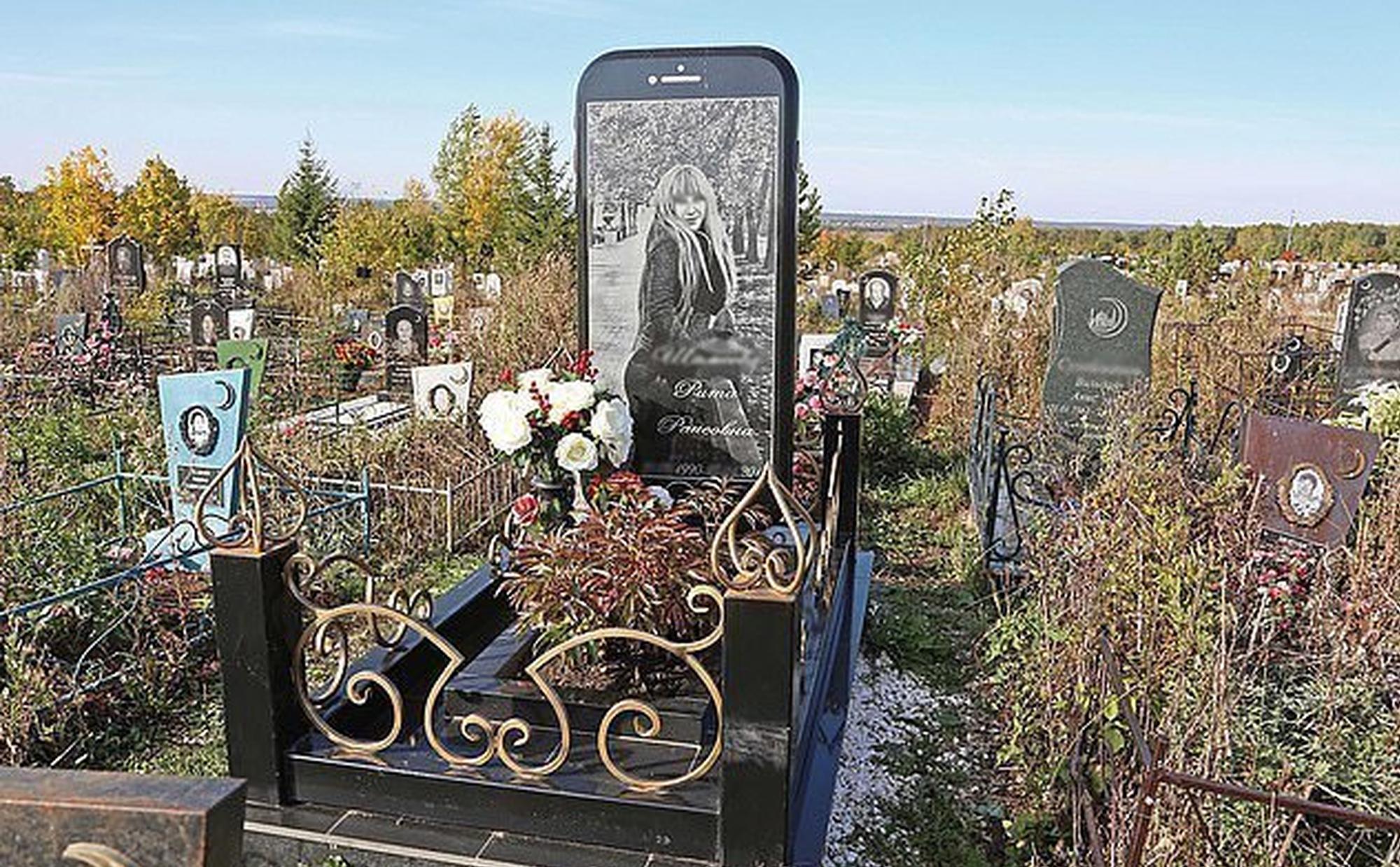Around 5:58 a.m. local time012 Archives North Korea fired a missile over Hokkaido, Japan, and shortly thereafter, the country's J-Alert warning system kicked in and delivered the chilling news to the smartphones of millions residents of Japan.
SEE ALSO: Nuclear war with North Korea 'would be suicidal', climate experts warnOne Twitter user based in Japan posted an image of the alert that came in, which read, "A missile was fired from North Korea. Please evacuate to a sturdy building or basement."
This Tweet is currently unavailable. It might be loading or has been removed.
In a later tweet, the same user posted a follow-up message from the alert system which read, "A North Korean missile passed over this area. If you find suspicious things, please never touch them."
This Tweet is currently unavailable. It might be loading or has been removed.
Because the launch occurred so early in the morning, either before most were awake, or while many were getting ready to leave for work or school, there wasn't much chatter on social media at first. But soon after, the term "missile," written in Japanese katana (ミサイル) began trending worldwide, indicating that the planet's internet-connected pulse had begun registering the unusual event.
This Tweet is currently unavailable. It might be loading or has been removed.
Over the past couple of decades, it's become fairly common for North Korea to lob missiles into the Sea of Japan, off the western coast of Japan itself. But its provocations don't usually include missiles that actually pass over the country.
In light of the recent war of words between U.S. President Donald Trump and North Korean leader Kim Jong-un, some are viewing this latest missile launch as an escalation that could have dire consequences if the U.S. and Japan decide to retaliate.
However, even these close calls aren't without precedent. In 1998 and 2009, Japan experienced similar North Korean missile launch flyovers that both landed missile debris in the Pacific Ocean off the eastern coast of Japan.
Whatever the next move is from either country, these J-Alert mobile texts -- the same that delivered frequent warnings during the 2011 Tohoku earthquake, which resulted in major aftershocks, tsunamis, and the Fukushima nuclear disaster -- will likely keep Japan on edge for at least the rest of the week.
Topics Politics
(Editor: {typename type="name"/})
 What to write in your Mother's Day card to claim your spot as the favorite child
What to write in your Mother's Day card to claim your spot as the favorite child
 Eric Wareheim on the too
Eric Wareheim on the too
 Harry Styles slays with his surprise cover of Kanye's 'Ultralight Beam'
Harry Styles slays with his surprise cover of Kanye's 'Ultralight Beam'
 Wordle today: The answer and hints for January 23, 2025
Wordle today: The answer and hints for January 23, 2025
'Rent' the musical will be performed live on TV, and will you light my candle?
 Five-hundred twenty-five thousand six-hundred minutes, how do you measure a -- live musical televis
...[Details]
Five-hundred twenty-five thousand six-hundred minutes, how do you measure a -- live musical televis
...[Details]
Dear Star Wars fans naming your sons Kylo: Why?
 It's enough to make you wonder how many people actually understood the very basic plot of The Force
...[Details]
It's enough to make you wonder how many people actually understood the very basic plot of The Force
...[Details]
Third wheel Drake went to prom with his cousin
 Only Champagne Papi could make third wheeling look cool.Drake made sure his younger cousin, Jalaah,
...[Details]
Only Champagne Papi could make third wheeling look cool.Drake made sure his younger cousin, Jalaah,
...[Details]
AI models don’t understand Gen Alpha slang
 The leading artificial intelligence models might've met their match: Gen Alpha. A new study —
...[Details]
The leading artificial intelligence models might've met their match: Gen Alpha. A new study —
...[Details]
 Master of Noneis nothing if not almost painfully relatable. Season 2 Episode 4, "First Date" is a sw
...[Details]
Master of Noneis nothing if not almost painfully relatable. Season 2 Episode 4, "First Date" is a sw
...[Details]
FaceApp changes old world art models from stoic to stoked
 It's such an obvious idea, but it took a professional artist to think of it: use the FaceApp to give
...[Details]
It's such an obvious idea, but it took a professional artist to think of it: use the FaceApp to give
...[Details]
What Katy Perry's recent failures tell us about being a 2017 pop star
 Katy Perry is in trouble.Sure, not actualtrouble. Whatever happens next, the multimillionaire pop st
...[Details]
Katy Perry is in trouble.Sure, not actualtrouble. Whatever happens next, the multimillionaire pop st
...[Details]
Everything Alienware announced at CES 2025
 As CES 2025 innovations roll in, we're keyed into the intersection of product launches. Nvidia kicke
...[Details]
As CES 2025 innovations roll in, we're keyed into the intersection of product launches. Nvidia kicke
...[Details]
Sure, let men experience the hell that is wearing a romper all day
 The romper is a garment from hell meant to make it harder for women to use the bathroom. But sure, i
...[Details]
The romper is a garment from hell meant to make it harder for women to use the bathroom. But sure, i
...[Details]
Best spring break deal: Southwest flights start at just $69

Dramatic Venice sculpture comes with a big climate change warning

接受PR>=1、BR>=1,流量相当,内容相关类链接。